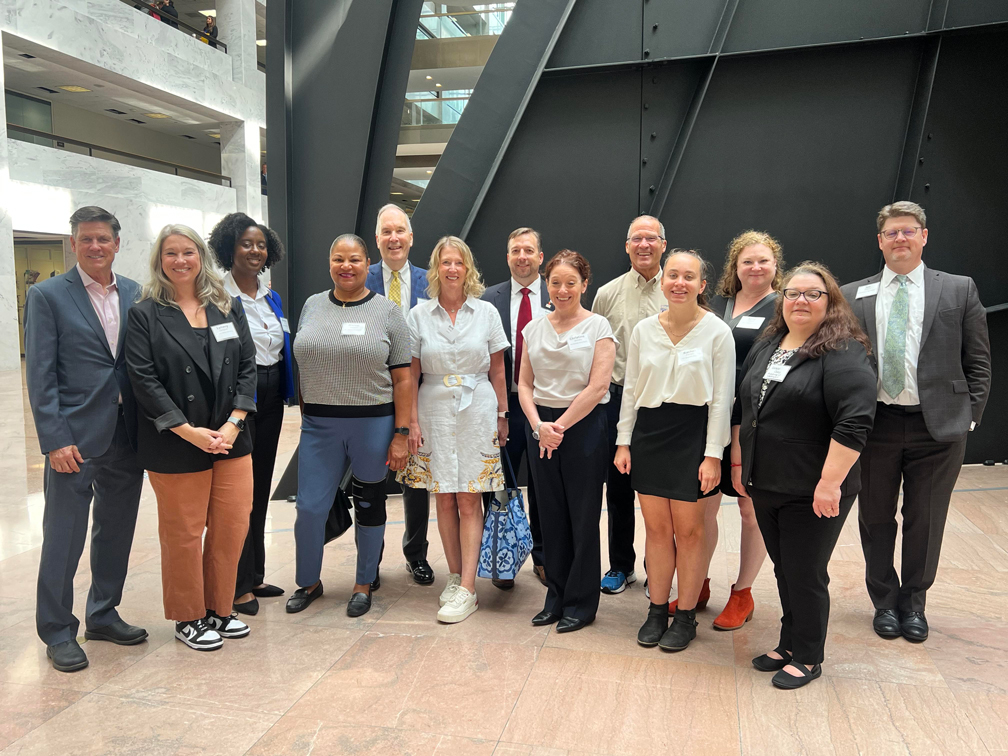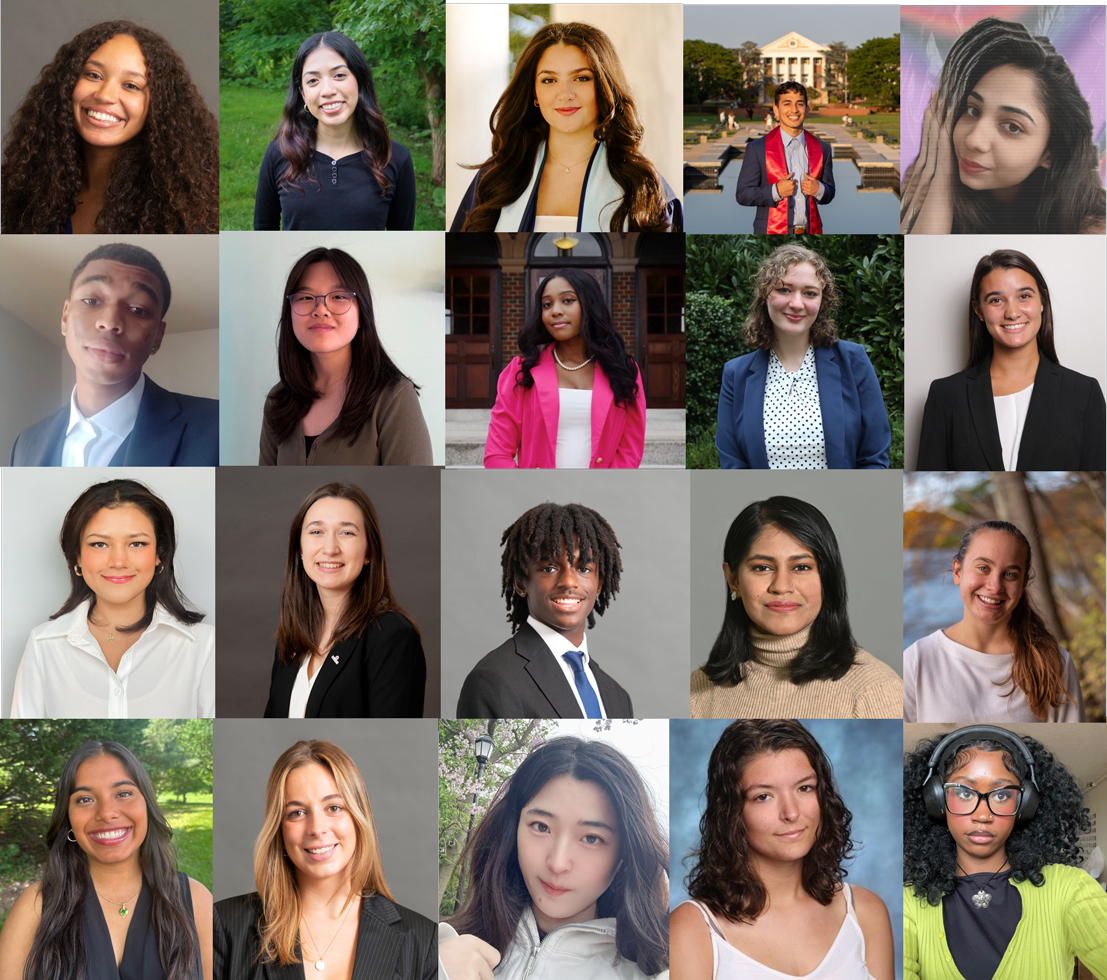Don’t Unconsciously Overlook Women
We encourage you to also read this recent post by our guest blog author, Kathleen Loehr, on taking personal responsibility for finding and sharing diverse stories of women and philanthropy, and for not defaulting to a single identity of privilege and experience.
As the pandemic continues and many inequities are revealed, I want to shine a light on the importance of staying focused on intentionally and consistently connecting to women in our fundraising. As during other crises, women donors want to help now and are ready to commit to meaningful action. Are you holding back on having specific and generative conversations with your women stakeholders? Or are you tapping those in your vibrant network of women who are willing to rise up to solve unexpected challenges?
As noted in Aspen Leadership Group’s (ALG) recent article on maintaining inclusion during times of chaos, human beings revert to what is well practiced in us when under pressure – the connections we normally reach out to, the way we normally made decisions in the past. There is no right or wrong about it – humans seek what is comfortable and known in difficult times. In talking to clients, I’m noticing a hesitancy to engage with women who know and care deeply about our organizations. There is a reluctance to ask them specifically for their time, talent, treasure, ties and/or testimony.
I get it! We are witnessing that women are increasingly bearing the burden of the pandemic. They are front-line health workers, single parents, or women (and their spouses) who are suddenly juggling work and childcare without support: no more teachers, no more after-school care, no more babysitters, no more eating out, no more family to come help out. The anxiety is crushing to many.
How does our heartfelt worry about what women might be going through tie to how we act under pressure? The uncertainty seems to bring back an outdated pattern in fundraising that downplays what women can do. In the past, we often presupposed:
- “She is juggling too much so can’t join our task force.”
- “She is a monthly donor and doesn’t have the means to give significantly.”
- “She isn’t raising her hand for the leadership role so isn’t interested.”
We made unconscious and quick assumptions about if, when, and how we should approach a woman prospect. When we read in a briefing that “she” was paying for the school tuition, and caring for an elderly parent, and had just taken on new responsibilities at work, fundraisers often calibrated a lower ask (many women in focus groups tell me they are often under-asked), or put the visit aside for a “better time.” In other words, we, the fundraisers, made the decisions for the women donors.
This is an outmoded way of thinking – we now know with certainty that gender matters in philanthropy and there are distinct, direct, and authentic ways of connecting to women in ways they prefer. We’ve heard from women that they want to be heard, respected, asked for their opinion. When this occurs, they give in many ways. Equipped with this knowledge, dozens of institutions have begun paying significant attention to their women stakeholders with promising outcomes over the past two years. We don’t want a counterproductive way of thinking to derail our new behaviors in this high pressure, ambiguous time. Let’s not make up stories in our heads or answer for the donors. When we ask, the women will tell us if and how they can provide support.
Not all women are feeling the crushing burden of this pandemic equally. Many are deeply moved from witnessing those who have no support and are wondering what they can do to help now. As fundraisers, we have the privilege of working with a wide variety of women at different stages of their lives, with different means and challenges. I’m in conversations with many women who want to commit to meaningful action. As described in ALG’s direct interviews with philanthropists, many donors are increasing their philanthropy in this crisis and they counsel fundraisers not to be afraid to ask.
Women in particular step up during crises. The Indiana University Lilly Family School of Philanthropy reports that women were more likely than men to donate to disaster aid efforts in 2017 and 2018; 40% of women vs. 33% of men gave gifts. In their “Declining Donors” study, women consistently gave a higher percentage of income than men both before and after the 2008 Great Recession. The Women’s Philanthropy Institute’s foundational studies show that women are more motivated than men to give spontaneously in response to a need.
Does this mean that we can start a conversation without checking in, and without curiosity about how she is doing now? Absolutely not. My recent article on pausing and pacing contains actions you can take for generative conversations.
Stay awake and aware; don’t slip into unconscious assumptions. They will hold you back from raising the resources you so need today. If we overlook women, we are not talking to today’s drivers in household philanthropy. We are not engaging with the gender that has given more in crises time after time. If we overlook women, we are missing their activism, voice, donations and focus on preserving the dignity and welfare in our communities and across our country and world. In this pandemic, women are needed more than ever to help solve the challenges your organization is facing.
Kathleen Loehr, Senior Consultant with Aspen Leadership Group, has 35 years of experience in partnership with university and nonprofit leaders, as well as philanthropists. She combines nonprofit and fundraising expertise, coaching, and strategy to help leaders and groups navigate change. She is a thought leader on women’s philanthropy and she translated the research on how women give into practical actions fundraisers can take in her book, Gender Matters: A Guide to Growing Women’s Philanthropy. This post was originally published by Aspen Leadership Group; reprinted with permission.




